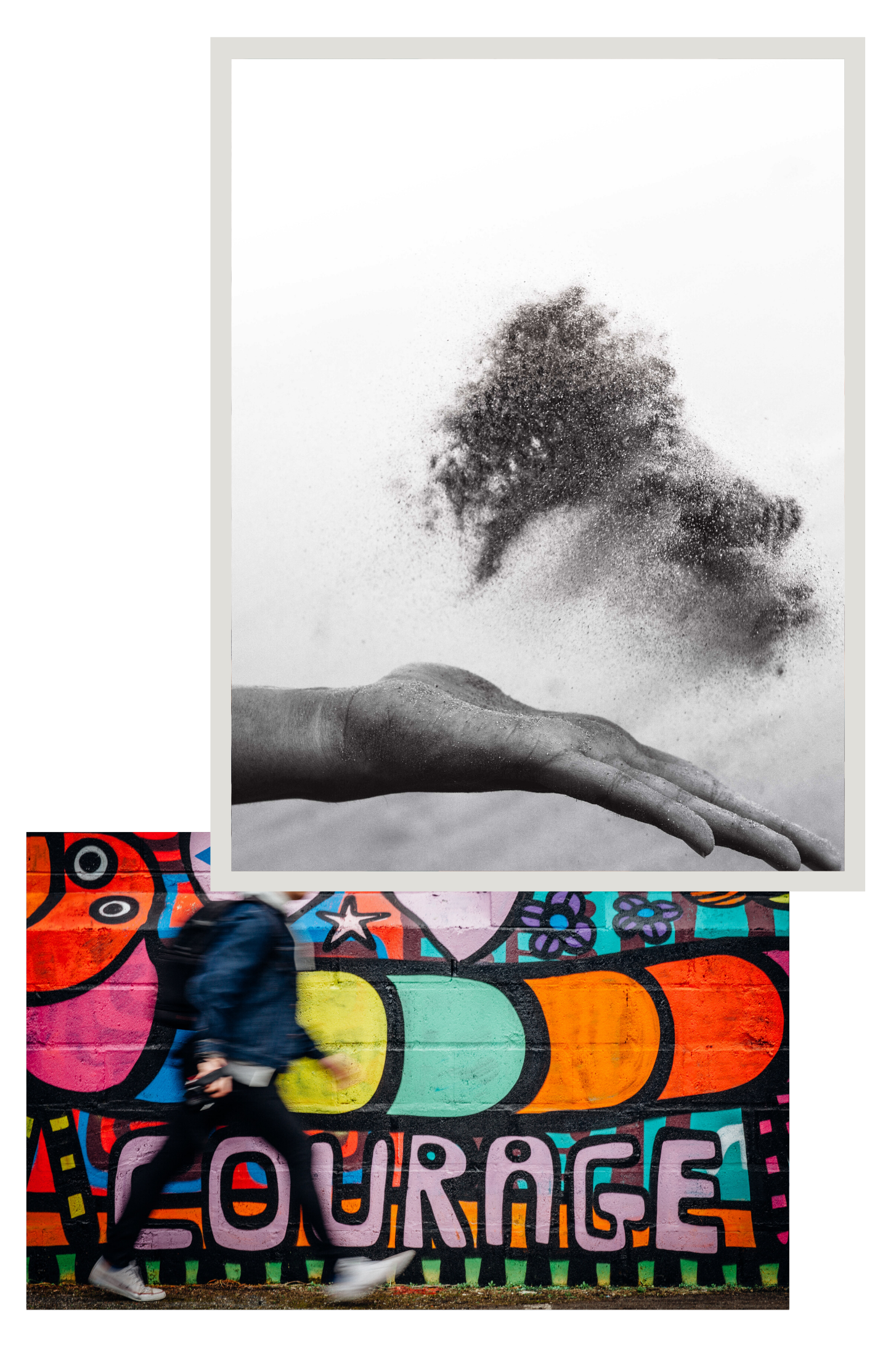Face Fear, Embrace Freedom
By definition:
Fear and pain will always be with us. It’s not a matter of conquering fear, it’s a matter of learning how to manage it. The issue with fear is that it overwhelms everything else.
If we understand that fear is just another feeling like joy, happiness, excitement and nothing more, then we are able to take away some of its debilitating power. When we are able to face our fears, we pull it from the driver seat. We can allow it to keep us awake and aware and use it’s momentum to push us forward through the uncomfortableness rather than something that creates a detour in our lives.








